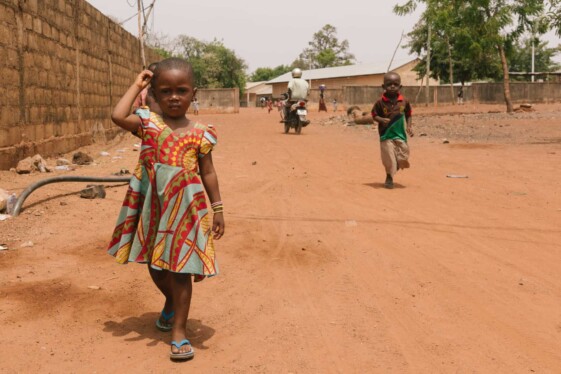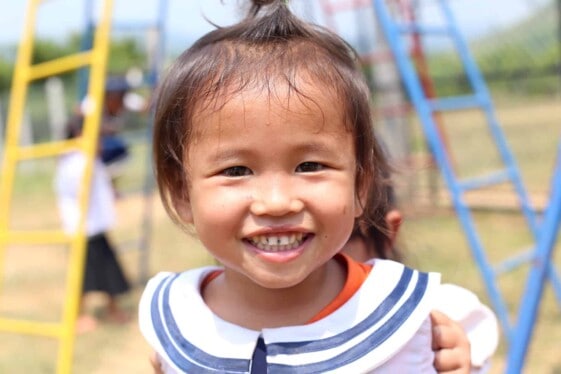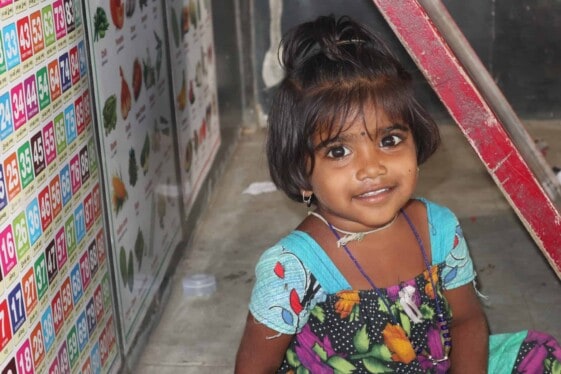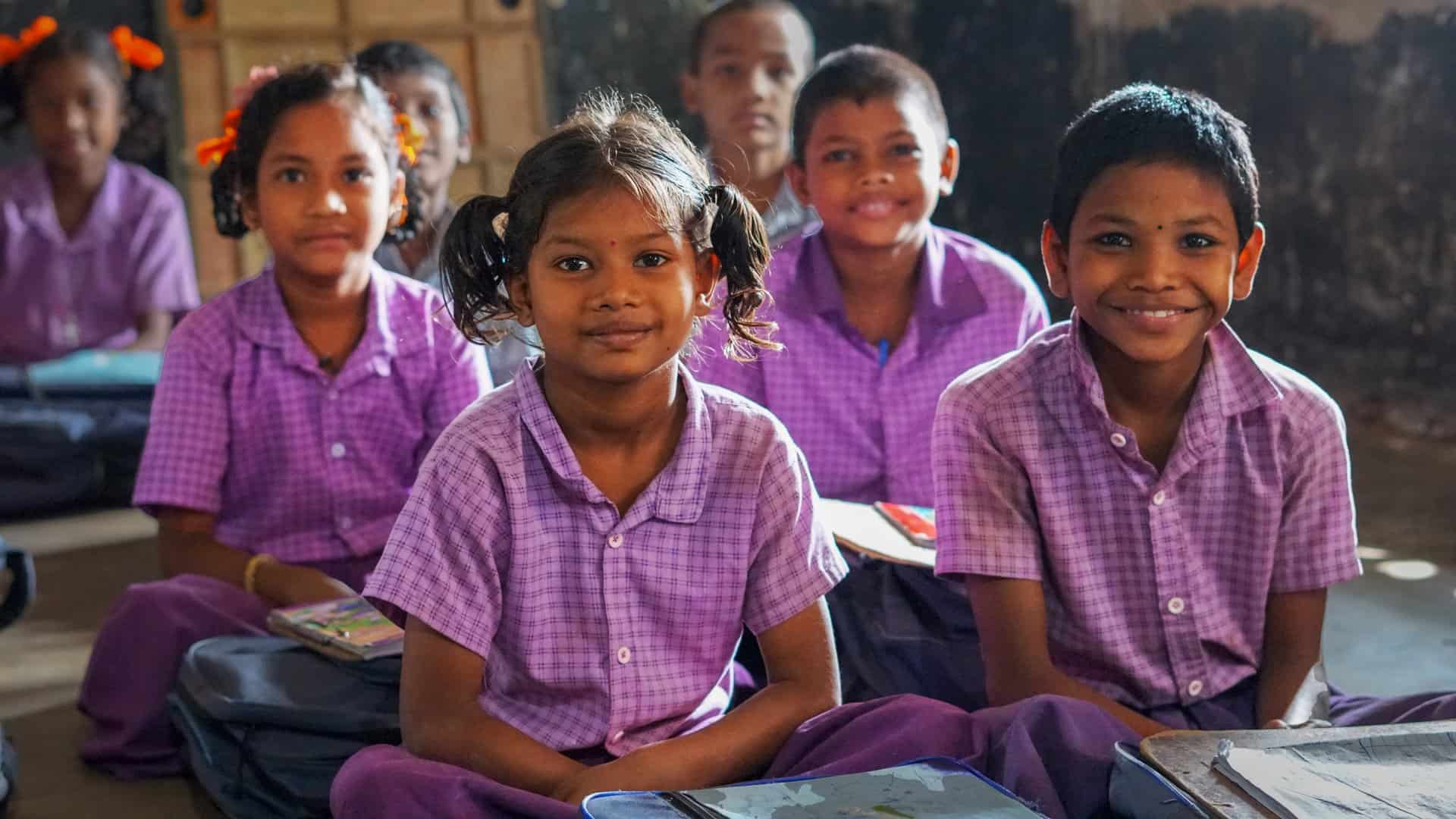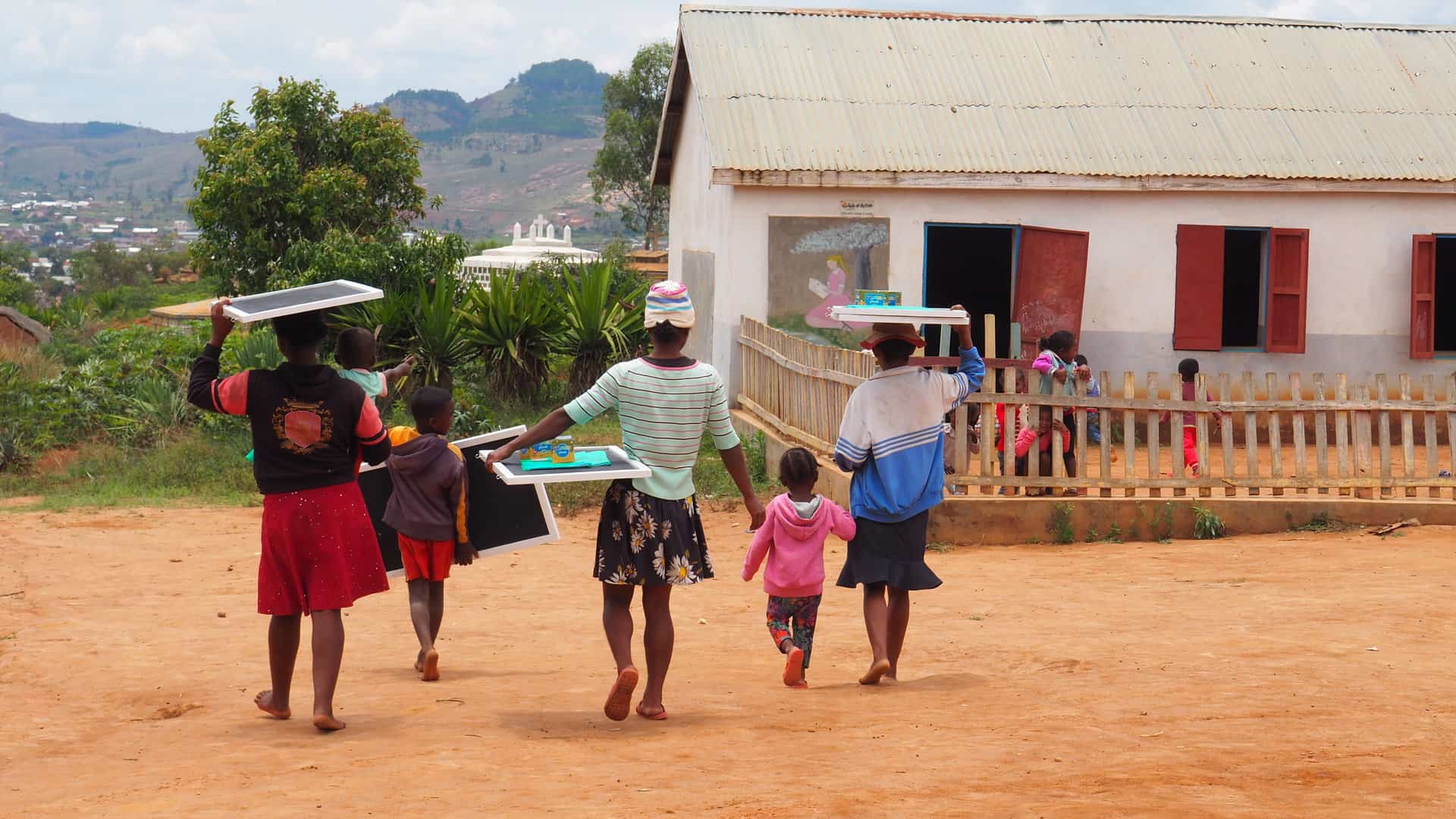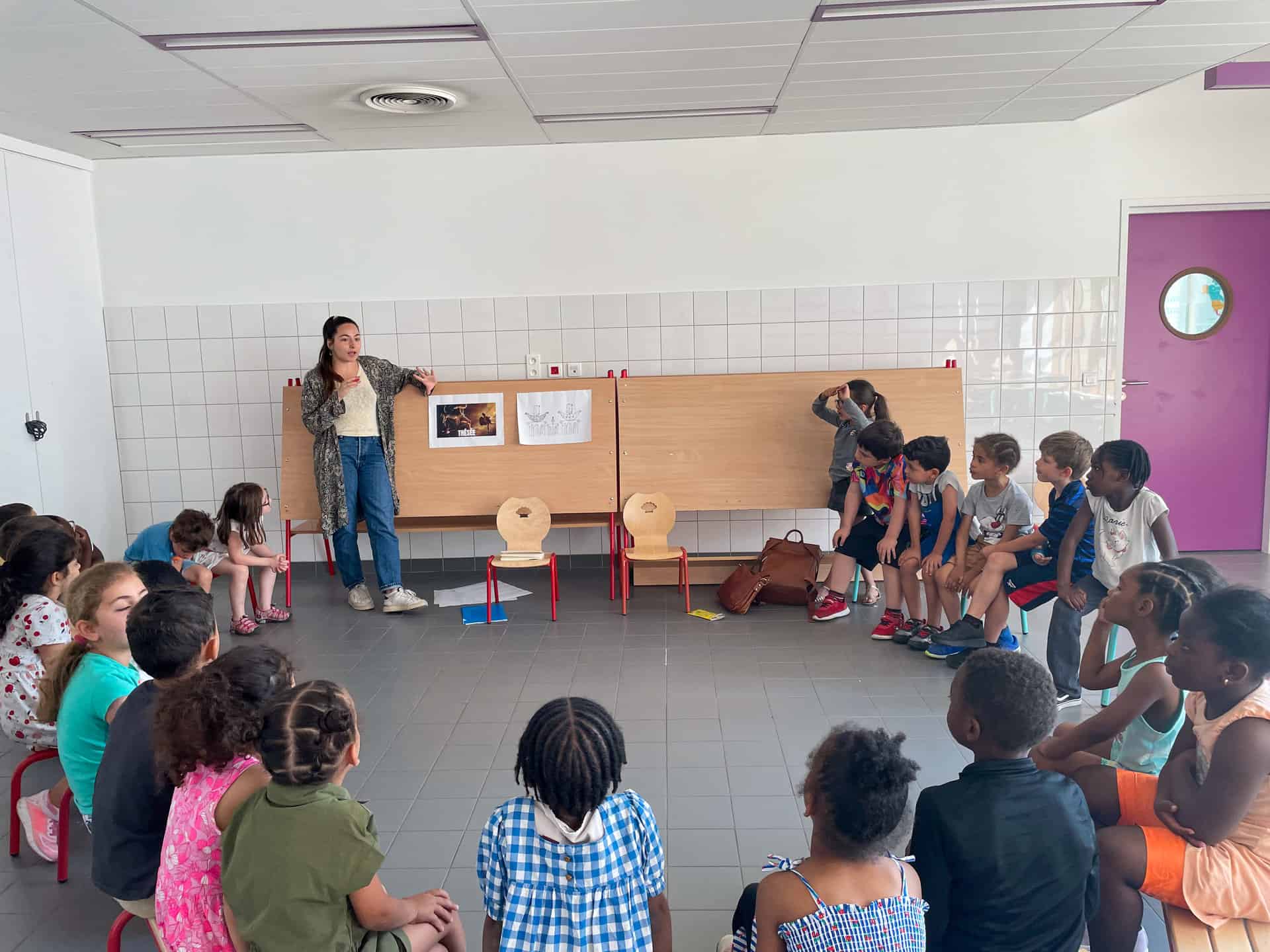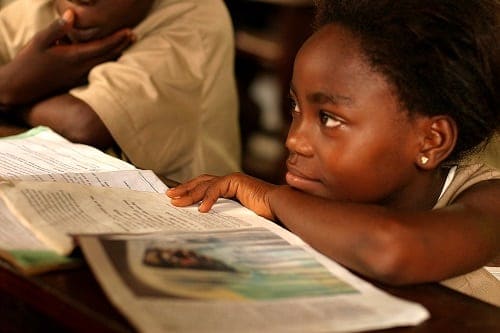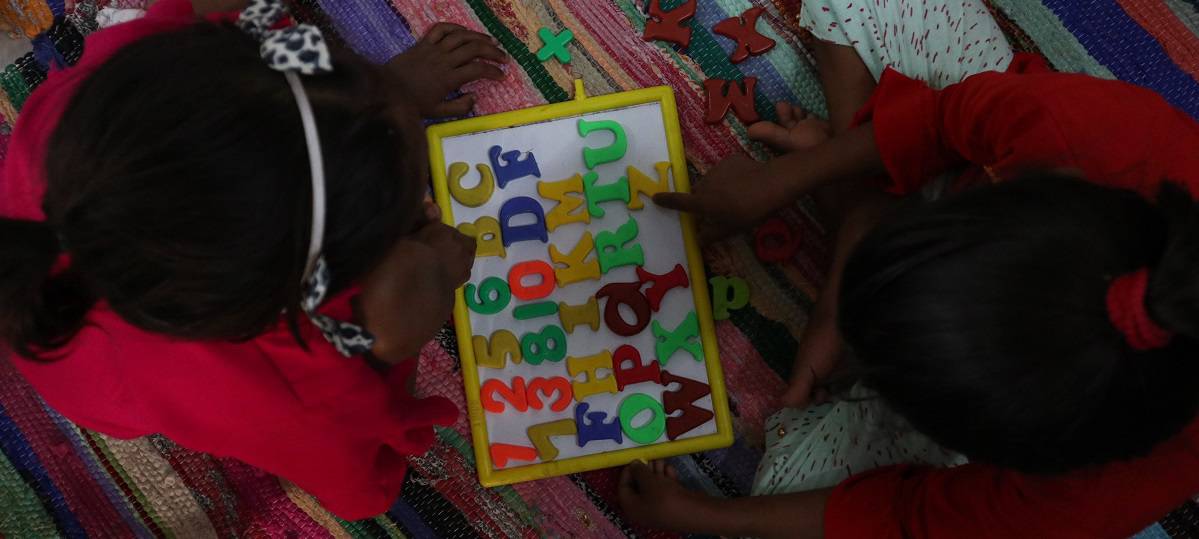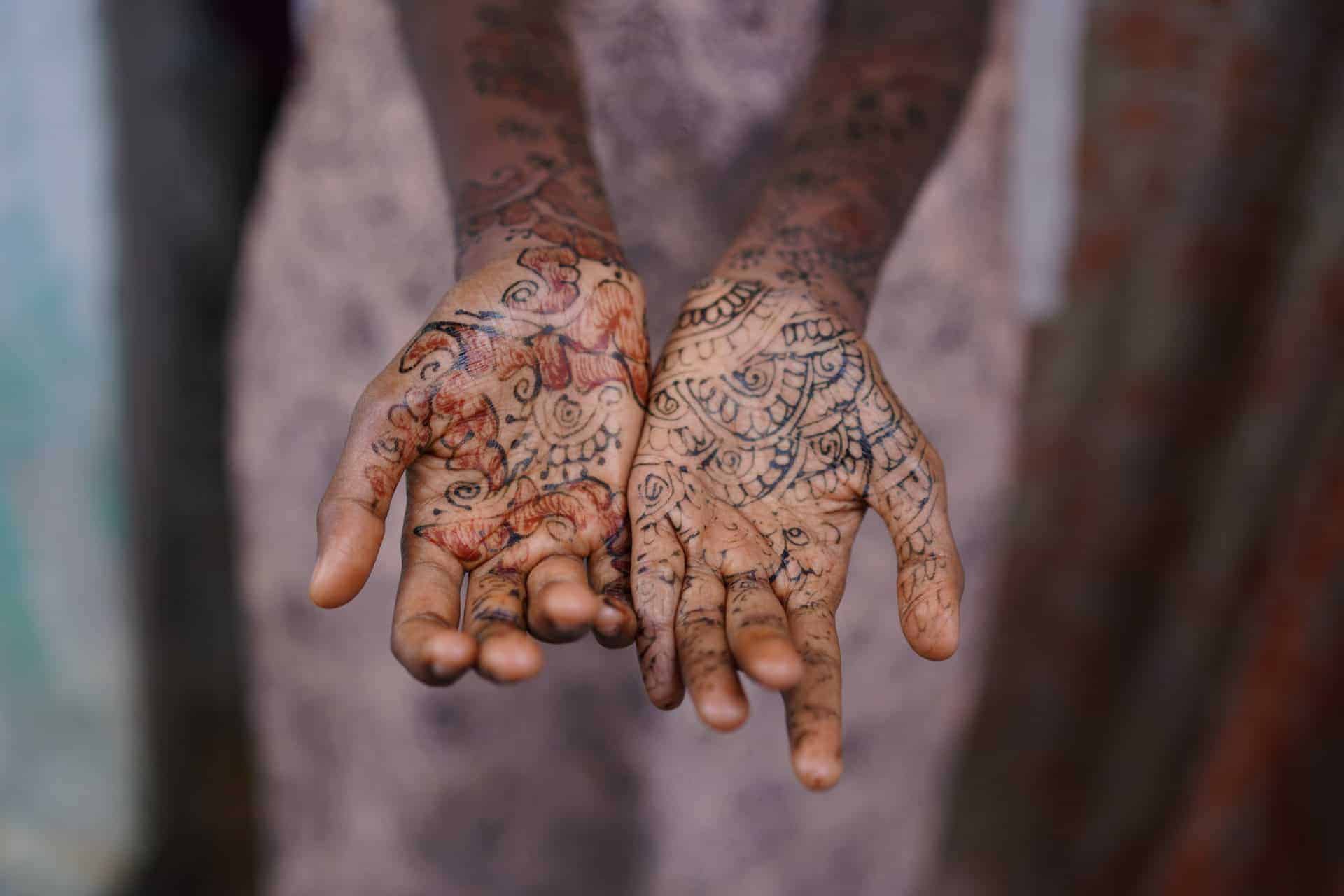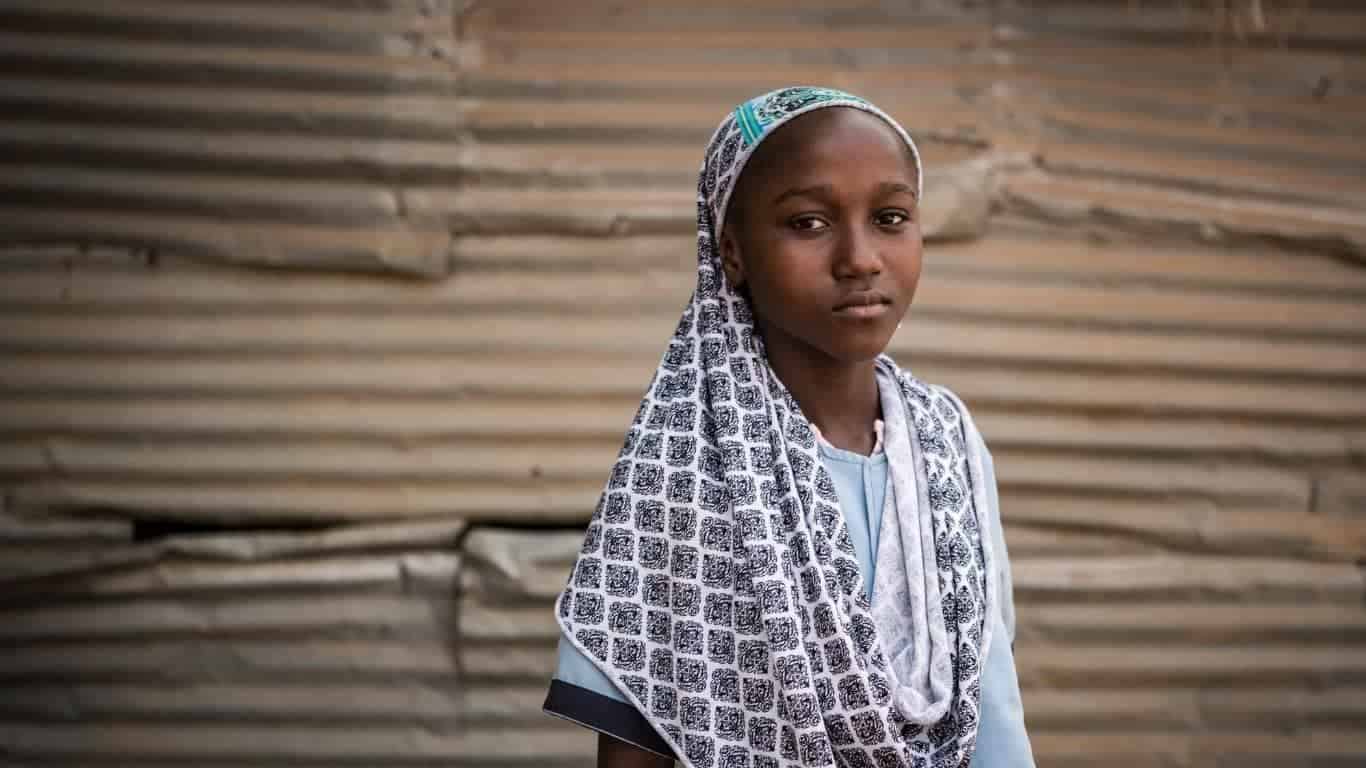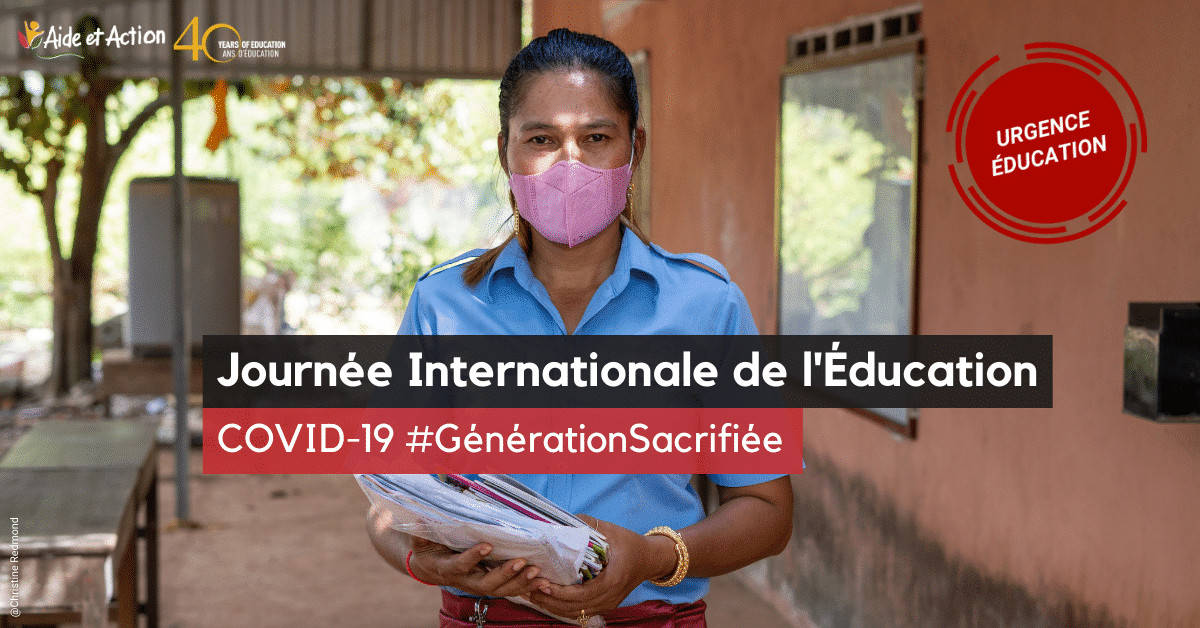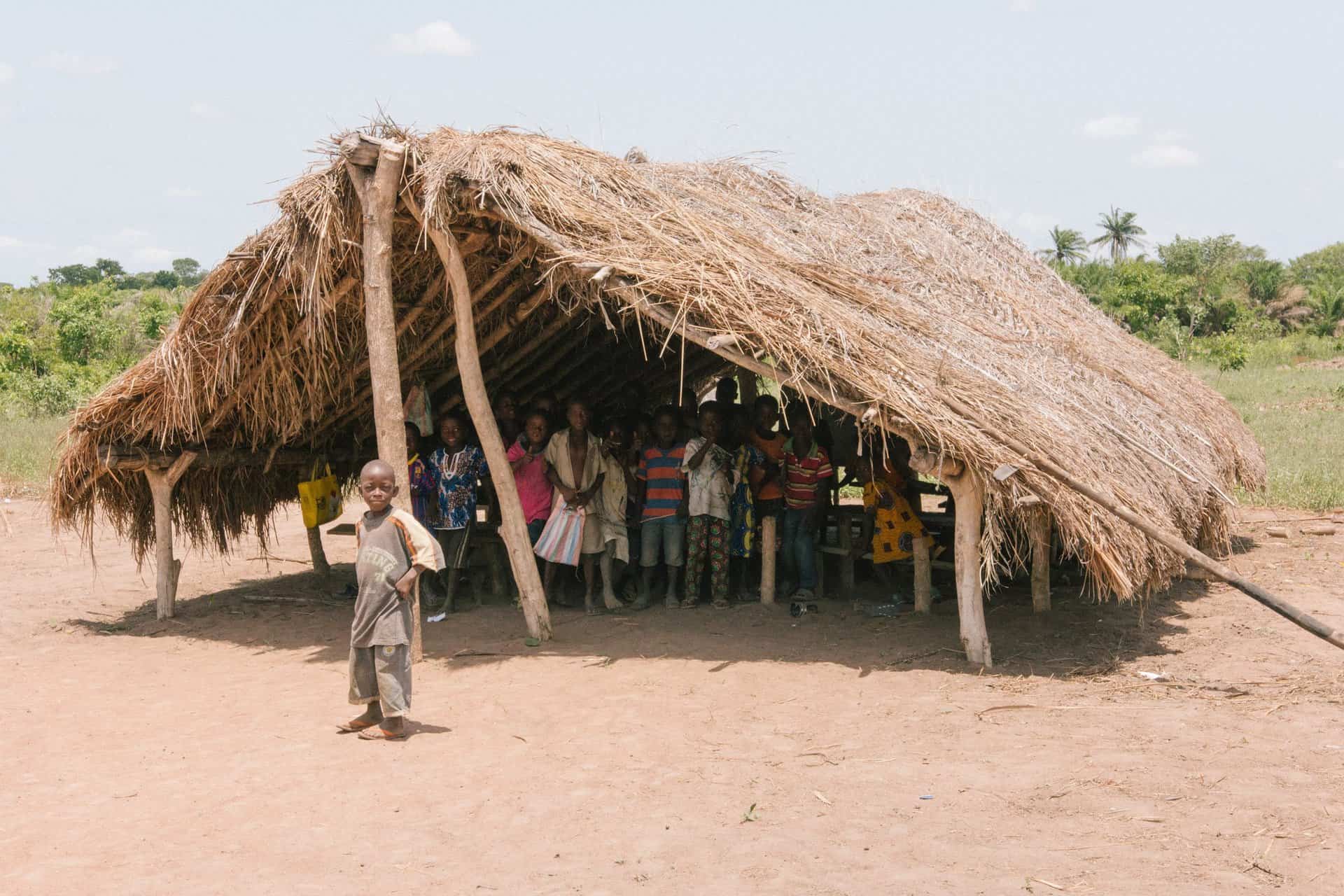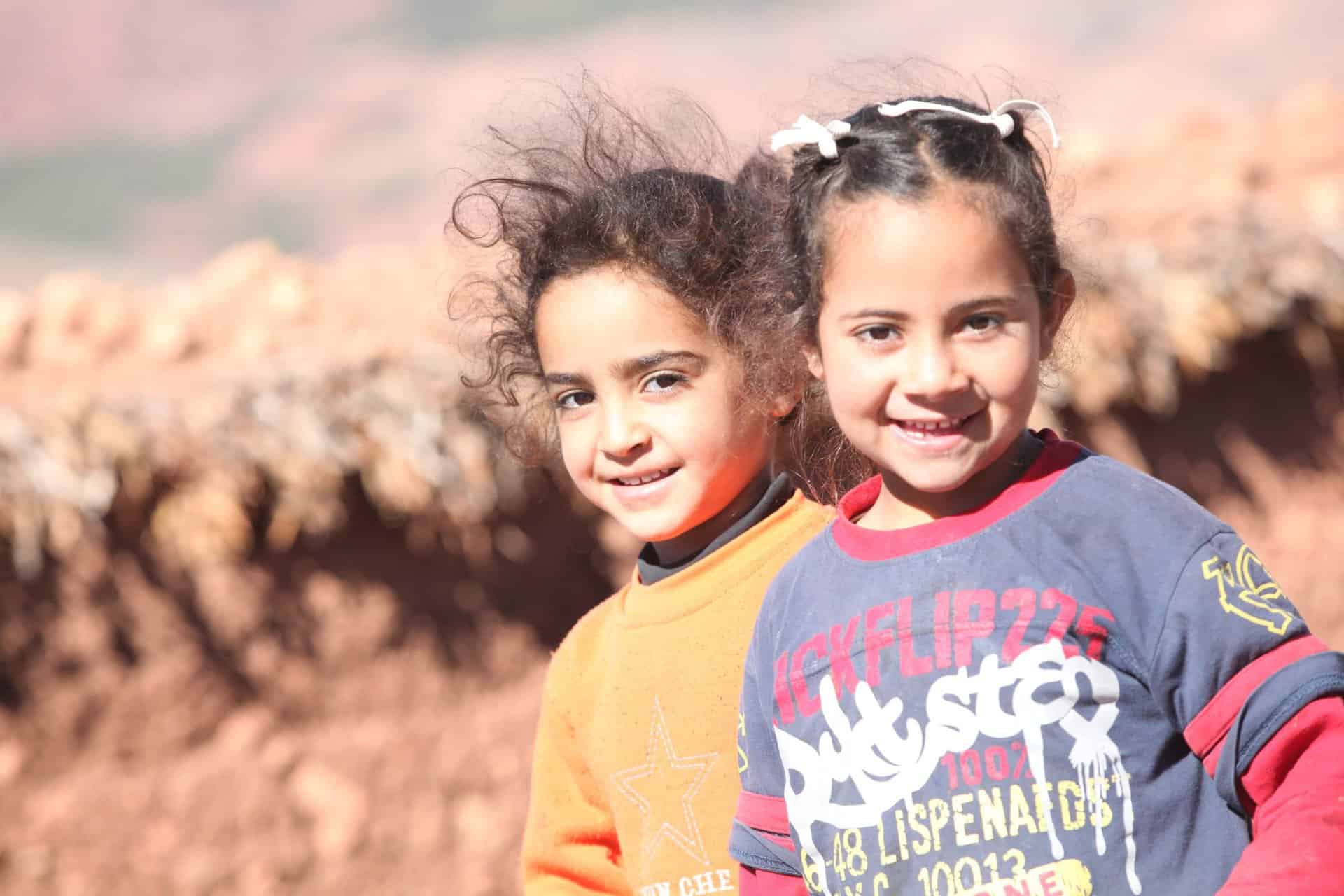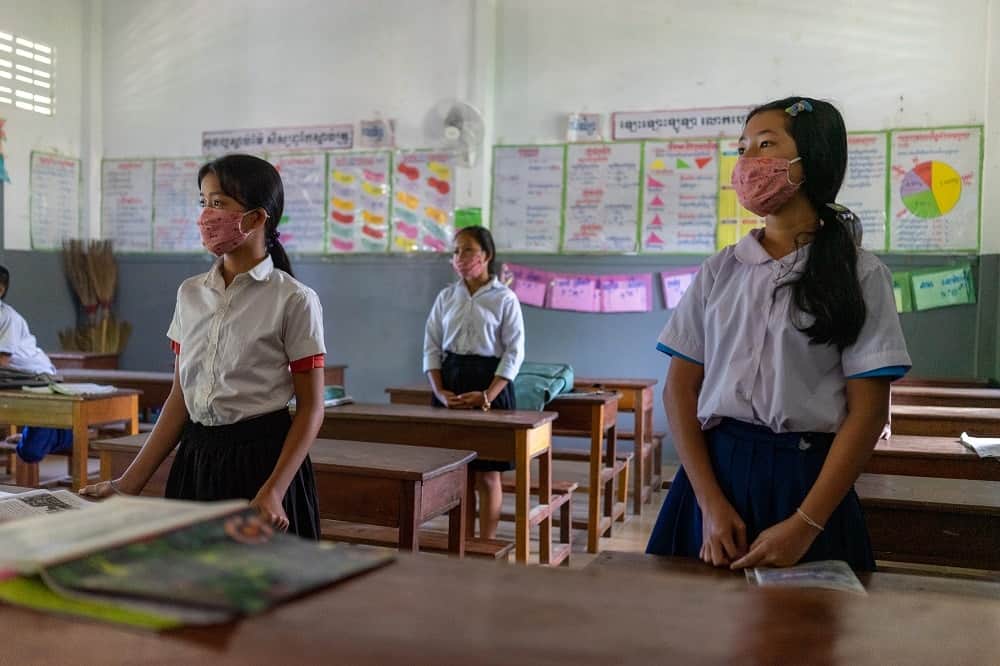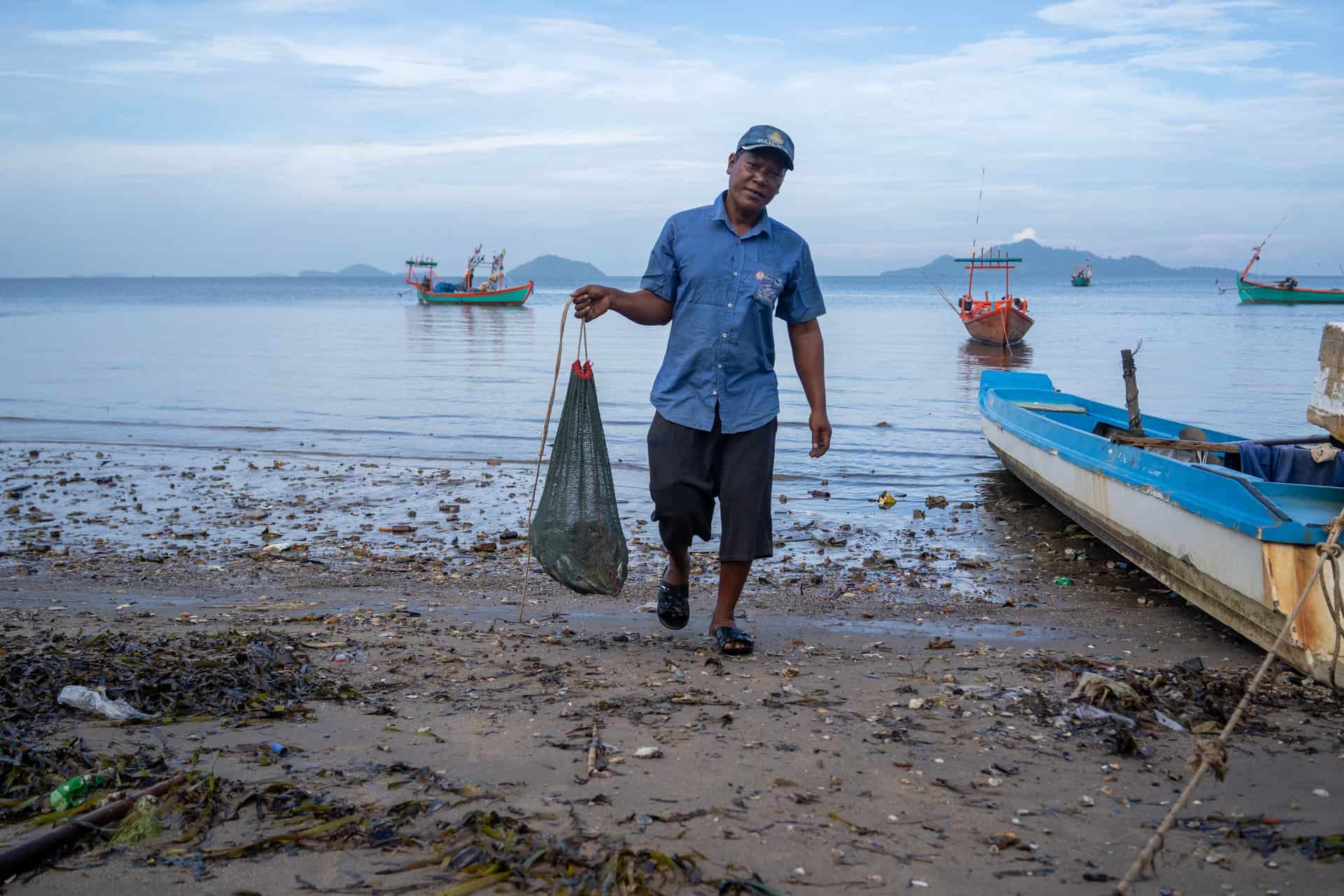Early childhood education

175 million children aged 3 to 5 do not have access to early childhood education worldwide. Yet early childhood care and education (ECCE) is an absolutely crucial step. Aware that a child must benefit, from the earliest age, from appropriate cognitive, social and emotional care, Action Education makes early childhood education one of its priorities.
The importance of early childhood education
The first years of life (0-8 years) are a rich period of brain development.
Quality care and education is therefore essential from an early age.
It promotes a healthy start in life for all individuals in terms of nutrition, health, language, development, and social-emotional learning.
In particular, a child with a pre-primary education is less likely to fail at school.
Early childhood: fertile ground for the future
Stunted development, malnutrition, even childhood illness and early death: these are the risks faced today by children under 5 who are not in school. It is therefore urgent to act!
With sufficient resources, and early enough, it is possible to stimulate the development of each child, to break the intergenerational cycles of inequality and to give all children a fair start in life.
Therefore, if we want to ensure that, in accordance with the Sustainable Development Goals (SDGs), in order for education and lifelong learning to become equitable and of high quality, it is imperative to take action early childhood care and education as a starting point.
Neglected early childhood education
Despite countless gains in social, human and economic development, early childhood education is not a recognised priority for states:
- 2 % of national education budgets worldwide were allocated to pre-primary education in 2017 in low-income countries (A Word ready to learn: Prioritizing quality early childhood education, UNICEF, 2019).
- Aid to early childhood was only $6.8 billion in 2016, or 3.8 % (Just Beginning: Addressing Inequality in Donor Funding for Early Childhood Development, 2018).
- More than 175 million children are not in pre-school worldwide (GPE, 2018). More than 80 % of them live in low-income countries.
Pre-primary education is still provided by private institutions and is rarely accessible to the most vulnerable and marginalised groups.
How does Action Education promote access to education from early childhood?
Because we are aware that everything starts at a very young age, Action Education is setting up several programmes to encourage access to education from early childhood.
- the construction and equipping of community centres and huts for early childhood
- recruitment and training of qualified personnel
- comprehensive health monitoring of young people
- awareness raising and training of parents in the physical, emotional and cognitive development of children.
Our early childhood education projects
In Vietnam, for example, Action Education has developed three community pre-schools and 21 satellite schools in the most remote areas. These schools serve nearly 2,000 children between the ages of 2 and 8.
In a village in Togo, Action Education has developed community-based early childhood centres. This project has raised awareness in the community and provided appropriate care for toddlers, which was previously non-existent. Today, all the village's children aged 3 to 5 are enrolled in pre-school.

